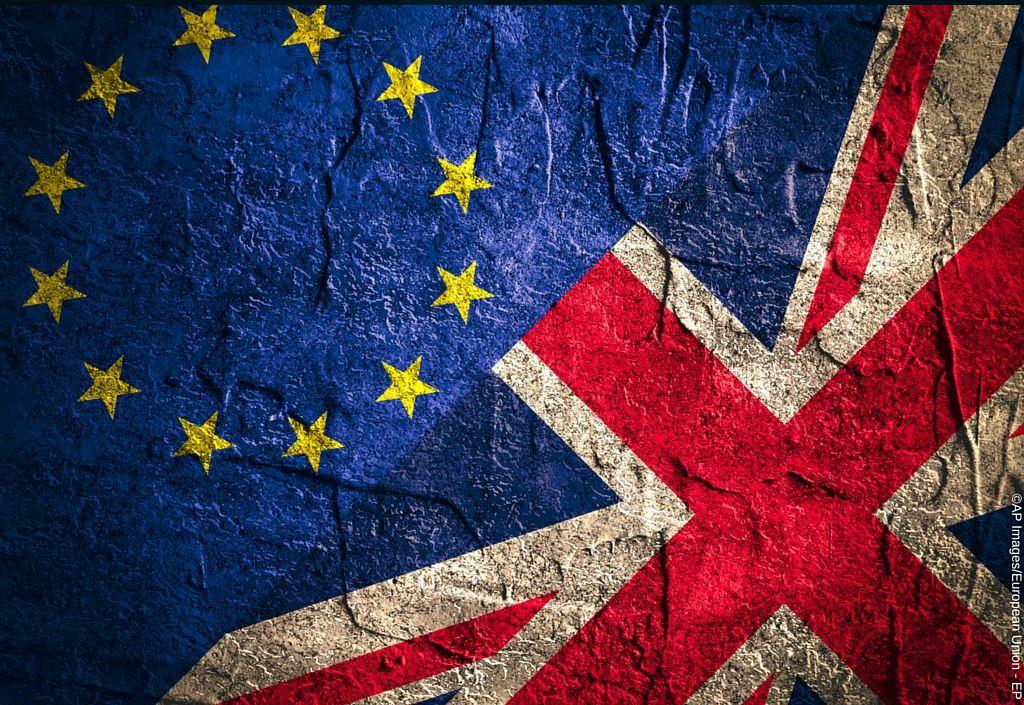Written by Erika dr Szita-Szegedi. HBBA Legal Advisor, CEO, ST Consultancy
We all know how big an impact Brexit was, and it fundamentally changed trading inside and outside the United Kingdom and also changed trading between the European Union and the United Kingdom.
In a nutshell, I’d say: its tons of paperwork and extra costs.
So how can we do it right?
Brexit affected so many areas of UK and EU economies: reduced investment, recession, manpower issues and increased trading costs. The legal consequences were massive as EU legislation applied to the UK on 31 December 2020, became part of UK domestic legislation under the control of the UK’s Parliament. From the 1st of January 2021, UK Companies are no longer able to take advantage of the EU cross border merger regime. This basically means every export above the value of £135 from the outside UK attracts VAT. For shipments with a value of £0-£135 when being sold by businesses to consumers in the UK, VAT is collected at the point of sale and will therefore be the seller’s responsibility.
In the EU, to be able to export into the UK, you will need a couple of things before you start exporting:
- Export licence: An export license is a document issued by government bodies allowing registered companies or individuals to legally ship goods that are otherwise restricted.
- EORI number: It needs to be started with GB.
- Custom declarations: Exact details about your shipment.
- Commodity Code: Required to lodge customs declarations and to find out if there are any restrictions that apply to the goods and what the import costs are. This determines customs duties and the other charges levied on the goods plus the preferential treatments that may apply to their import, restrictions and prohibitions that apply to the import-export and transit of specified goods. So be sure to use the correct commodity code so that you can set the right price for your products and avoid any back taxes.
Golden rules you should follow to make your business successful:
First of all, get your business ready to import or export and be sure you have all documentation and licences required. Always calculate export/import deliveries using a wide time scale to allow for delays. You can save a lot of money by planning ahead of time, because well-planned shipping can be significantly cheaper! Never forget that trading is a full-time job. You have to monitor your shipment in every possible way. Use technology as an aide on your side because knowing your shipment is stuck in customs clearance immediately helps you to keep your client informed and shipment date. Provide the authorities with required information as quickly as it possible.
It is important to note that protecting your trading capital is not synonymous with never experiencing a loss of trade. All traders have lost trade, but protecting capital entails not taking unnecessary risks and doing everything you can to preserve your trading business. Be a student of the markets every day as everything has an impact on trading markets: world politics, news events, economic trends or even the weather, keep yourself up to date!
Never risk more than you can lose, be sure the money in the trading account is expendable. Losing money is traumatic enough, but even more so if the capital shouldn’t have been put at risk in the first place and your solvency is at risk.
You should know when you need to stop trading, but also keep in your mind to accept wins and losses. Setting realistic plans and goals is an essential part of keeping trading in perspective.
Understanding the importance of each of these trading rules, and how they work together can help a trader establish a viable trading business. Trading is really hard work with so many legal and financial rules to follow. Traders who have the discipline and patience to follow these rules can increase their odds of success in a very competitive arena.


